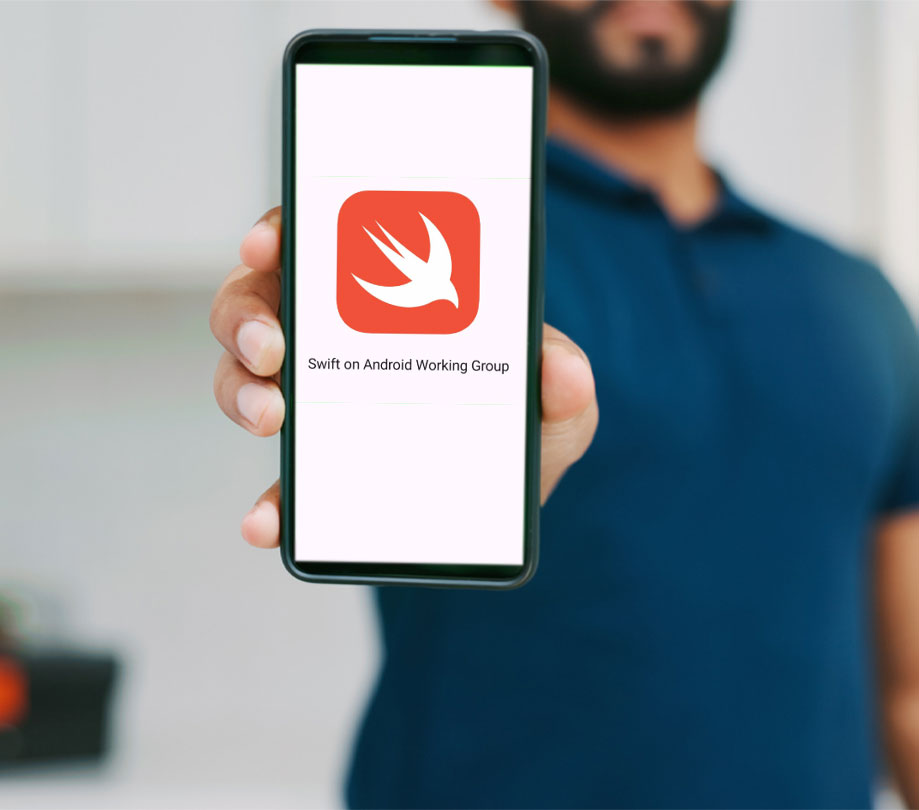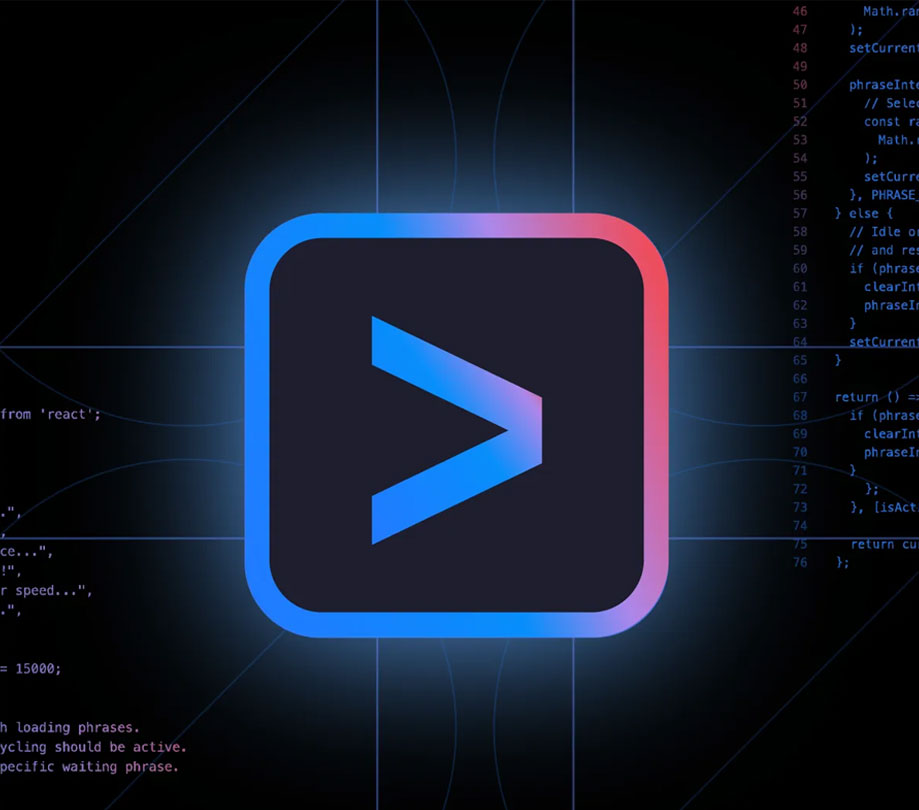Enterprise
Suhas Uliyar, Vice President of Mobile Strategy with Oracle, Provides His Predictions on the Future for App Developers and the Mobile Enterprise
Thursday, January 8, 2015

|
Richard Harris |

I recently had a Q&A session with Oracle’s Suhas Uliyar, who serves as the company’s Vice President of Mobile Strategy. During the talk Suhas provided insights into what app developers can expect as it relates to the mobile enterprise.
Richard: Will there ever be a standard development approach for the enterprise or mobile in general?
Suhas: In general, no, there will not be. Rather than look at it from a standard development approach, let’s look at it from a user convenience approach. To illustrate this point, let me start with an example of mobile apps for airlines. I travel quite a lot in the U.S. and use my preferred U.S. airline’s mobile app when I travel. I also travel within Europe, Asia and Australia where I use domestic carriers. However, I do not download the native app for each different airline. I use their mobile web app when I travel with those airlines as I care about only a few transactions such as flight status, access to a boarding pass, gate information, etc. which I can get from their web app.
So the question is not about a standard development approach, but rather around adopting a mobile approach that provides users what they need at any exact moment. Enterprises need to consider providing a device resident (native app) and a mobile web app at least for their business-to-consumer customers.
For businesses to employees, I believe there is and will continue to be more of a standard development approach for device resident (native) apps. I believe that there is likely to be more standardization on hybrid technologies that use HTML5/CSS/JavaScript for the development paradigm for business-to-employee apps. While some business-to-consumer apps might also adopt this development paradigm, some might want to provide native apps using the development standards from the OS vendor (Apple, MSFT).
Richard: With the diverse market and consumers also being the people that run the enterprise, where do you see the dividing line between consumer mobile and enterprise mobile?
Suhas: Enterprises have been investing heavily on consumer mobile applications and specific use cases for empowering employees where there is a clear return on investment (ROI). However, with the adoption of Bring Your Own Device (BYOD) policies in the enterprise and with application vendors now adopting a Mobile First approach to developing apps, we are seeing the lines blur in adoption of consumer and enterprise apps.
Richard: How will API’s position change in the future mobile development world?
Suhas: APIs will be critical to the mobile development world in the future. Client side development continues to be easier and simpler, with kids coming out of high school and college developing client side mobile apps. The complexity continues to grow in securely integrating the client-facing app to the enterprise. This is where APIs come in.
I believe in a Mobile First world – in which there is an outside-in world collaborating with an inside-out API First world -- to make it simple, agile and cost effective for mobile application development. The API First approach enables mobile application developers, who are continually looking for new ways to accelerate development of apps, to meet their consumers’ needs. How? By providing a catalog of RESTful interfaces for all the operations required by the mobile app, and which abstracts the backend from the mobile developer. In addition, it also provides mobile specific interfaces for notification, offline data sync, storage, and user management.
Richard: Which audience do you feel is better setup for mobile enterprise, iOS or Android?
Suhas: I don’t believe either of them are well setup for the mobile enterprise. Their focus on consumer first makes it very difficult for either of them to be enterprise ready. Both need services from enterprise vendors to make these devices enterprise ready. This is why there are still large growth opportunities for mobile security vendors providing cross platform mobile application management integrated with end user identity management and content management. Enterprise-grade mobile platform vendors providing cross platform tools and backend services can make it easy for mobile developers to build, secure and integrate apps to enterprise systems of record.
Read more: http://appdevelopermagazine.com/partner/link/?ref=...

Become a subscriber of App Developer Magazine for just $5.99 a month and take advantage of all these perks.
MEMBERS GET ACCESS TO
- - Exclusive content from leaders in the industry
- - Q&A articles from industry leaders
- - Tips and tricks from the most successful developers weekly
- - Monthly issues, including all 90+ back-issues since 2012
- - Event discounts and early-bird signups
- - Gain insight from top achievers in the app store
- - Learn what tools to use, what SDK's to use, and more
Subscribe here










